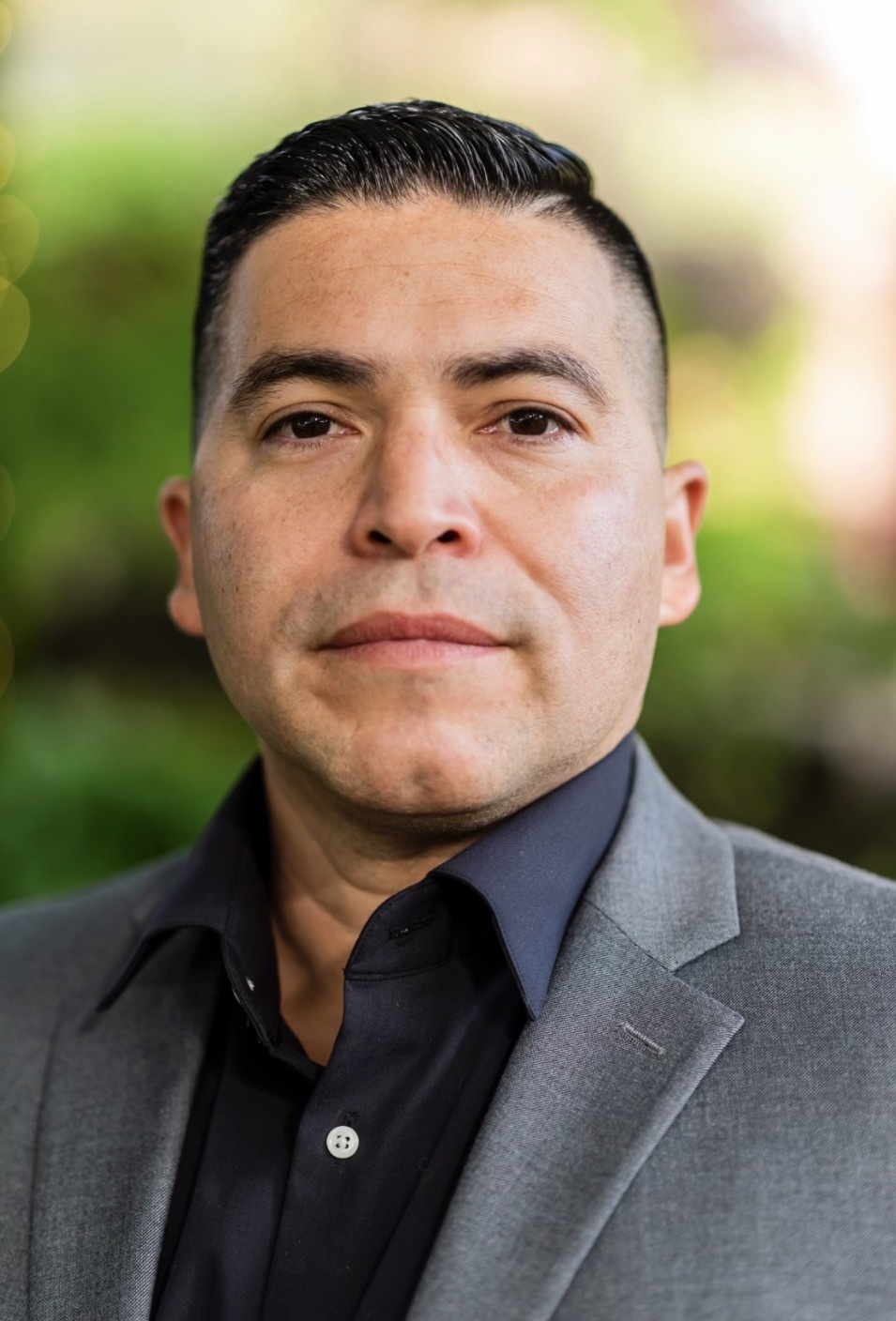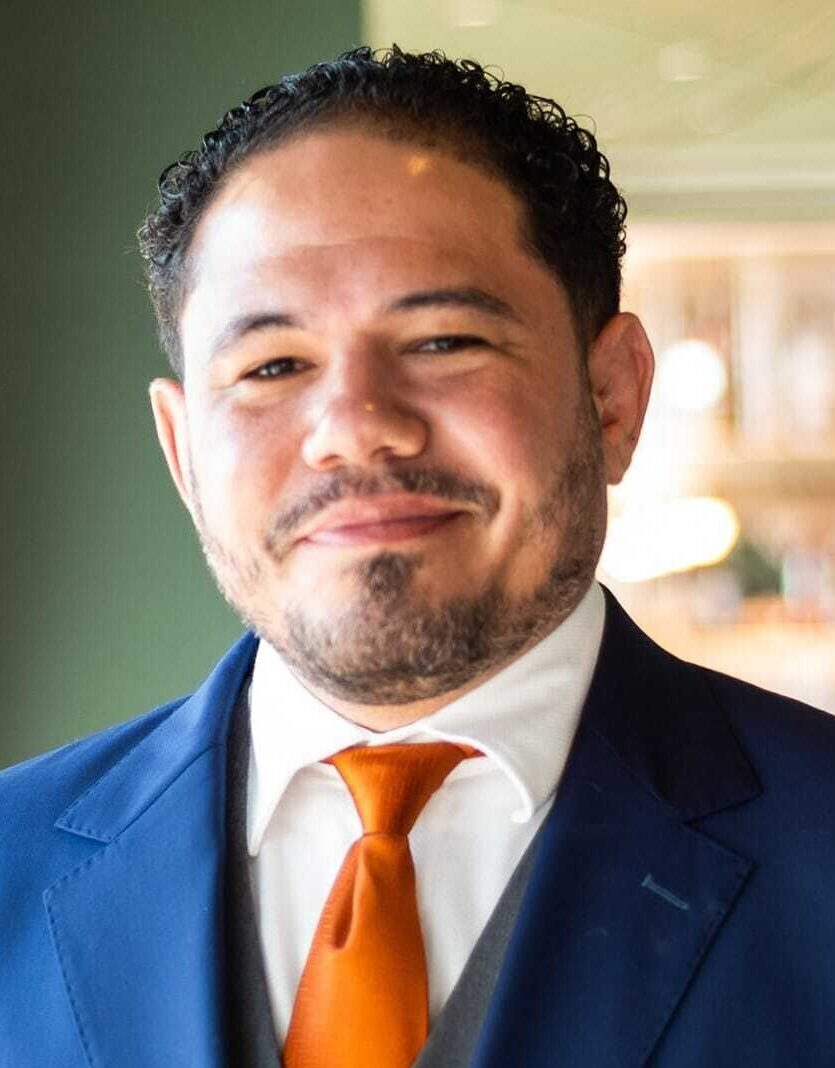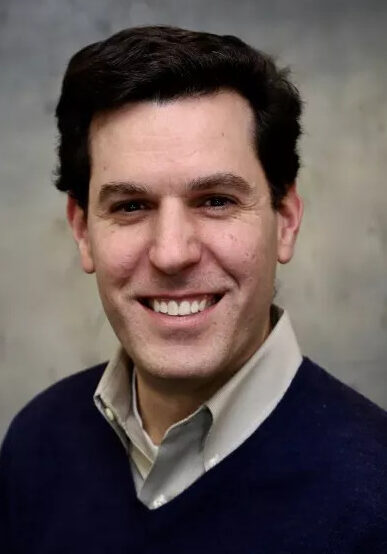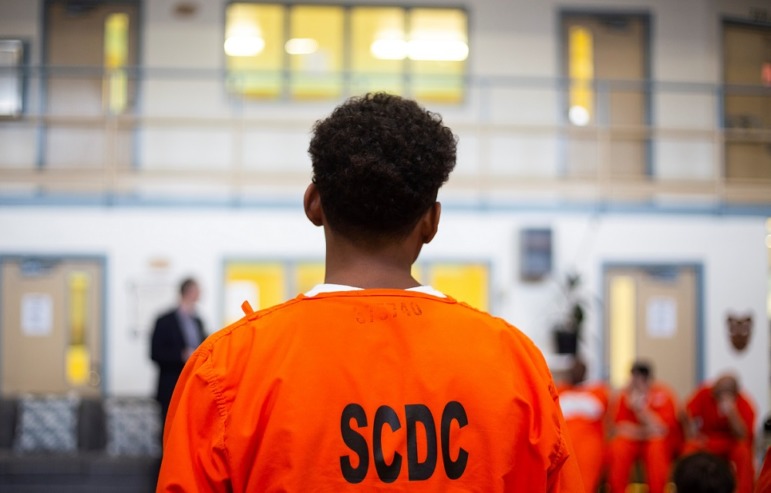While locked in a California prison for juveniles, Paul Bocanegra got his first shave, sprouted his first patch of chest hair and, he said, learned to fight at that facility, dubbed "gladiator school" because of its levels of violence.
From that place, the Dewitt-Nelson Youth Training Center in Stockton, the then-teenager was transferred to various correctional facilities until landing at Pelican Bay State Prison, a supermax for adults.

Courtesy of Paul Bocanegra
Paul Bocanegra
"I was condemned to prison to die in a cage at 17 years old," said Bocanegra, now 48, who was tried as an adult in 1992 and served 25 years of what was supposed to be a life-without-parole prison sentence for being in the car with a passenger who killed someone in a drive-by shooting.
The Sentencing Project has estimated that, from the early 2000s to 2019, nationwide there was an 80% decline in the number of teens prosecuted as adults. That drop from 250,000 to 53,000 resulted from 44 states changing their laws to raise the age when juveniles can be prosecuted as adults.
Despite those changes, more than 32,000 people remain locked up for crimes they were convicted of as youth, according to a new report from Human Rights for Kids. Released Tuesday and based on incarceration data that the organization requested from all 50 states in 2021, receiving responses from 45 states, it argues that sending youth to adult court violates their human rights. The practice should be ended, those researchers argue, with retroactive resentencing of everyone who is currently incarcerated in adult prison for crimes they committed as adolescents.
A 2012 California law letting youth sentenced to life in prison petition to be released paved the way for Bocanegra, after 25 years, to walk out of prison in 2017. Today, as a co-founder of ReEvolution Group and member of San Mateo County’s Juvenile Justice & Delinquency Prevention Commission, Bocanegra draws upon his prison experiences to advocate for teenage offenders.
"I had the opportunity to see the entire pipeline from the beginning to the end," said Bocanegra, also a prison monitor for Human Rights for Kids. "The torture that they put us through was not rehabilitative at all."
Advocate: Juveniles in adult prisons is "sobering" reality

Courtesy of James Dold
James Dold
Those roughly 32,000, still imprisoned individuals who, as teens, were tried and convicted as adults amount to "more than 3% of the entire U.S. prison population and is also larger than the entire adult prison populations of Denmark, Iceland, Ireland, Northern Ireland, Norway, Sweden, and Scotland, combined," James Dold, CEO and founder of Human Rights for Kids, said.
Other major findings about those more than 32,000 people include these:
- Almost 80% of prisoners who were sentenced as youth were people of color.
- 58% of those sentenced as youth were Black.
- 20% of those sentenced as youth were white.
- 18% of those sentenced as youth were Hispanic.
- The remaining 4% of those sentenced as youth were Native American or Asian American.
- Black defendants were sentenced for the longest, at 171.5 years on average, which was almost 60 years longer than white youth, who had the second longest average.
- A third of those convicted as youth remained imprisoned well into their middle age.
- Two-thirds of youth sent to adult prisons were incarcerated for more than a decade, on average.
- Doubling the national average, Louisiana, Maryland, South Carolina and Wisconsin stood out for having more than 6% of their prison population made up of people sentenced as youth.
- Three states — Texas, Wisconsin and Georgia — automatically try 17-year-olds as adults, no matter what they're charged with.

Courtesy of The Sentencing Project
Joshua Rovner
"This report is sobering," said Joshua Rovner, The Sentencing Project’s director of youth justice. "To think that courts are comfortable with sending people away for 30-40 years or more, based on those decisions that someone made in adolescence, contradicts everything we know."
Dold said the nation is "still very much in the ‘superpredator’ era," referring to what some observers call a largely news media-driven label attached, particularly, to Black youth during the tough-on-crime 1990s. Critics, including researchers, have since dismissed the superpredator as a myth.
His organization recommends that states enact laws preventing youth 16 or younger from being transferred to adult court no matter what they are charged with. Dold acknowledged some serious youth offenders pose a risk to public safety, but he noted states can extend juvenile court jurisdiction to "keep kids in treatment for as long as they need in order to make sure that public safety is maintained."
Miriam Krinsky, former federal prosecutor and executive director of Fair and Just Prosecution said she would like to see prosecutors and policymakers not only raise the age of juvenile transfer but also require courts to consider mitigating factors before sentencing children as adults and implementing processes for taking a second look at extreme sentences given to youth in past decades.
"We hope that leaders will push the envelope even further by closing youth prisons and investing in community-based alternatives that treat kids like kids," Krinsky said
Lowry Snow, a former Utah State Representative and a Republican, said trying and convicting youth as adults doesn't consider, as research suggests, that adolescents’ brains aren't fully developed, or childhood trauma that many of them experienced.
Youth who commit crimes are "acting within the scope of a child, not an adult," said Snow, a Human Rights for Kids board member, "and yet they're judged by adult standards."
On May 24, 2023, this spelling of Paul Bocanegra's name was corrected in this article.
***
Brian Rinker is a San Francisco-based journalist who covers public health, child welfare, digital health, startups and venture capital.
